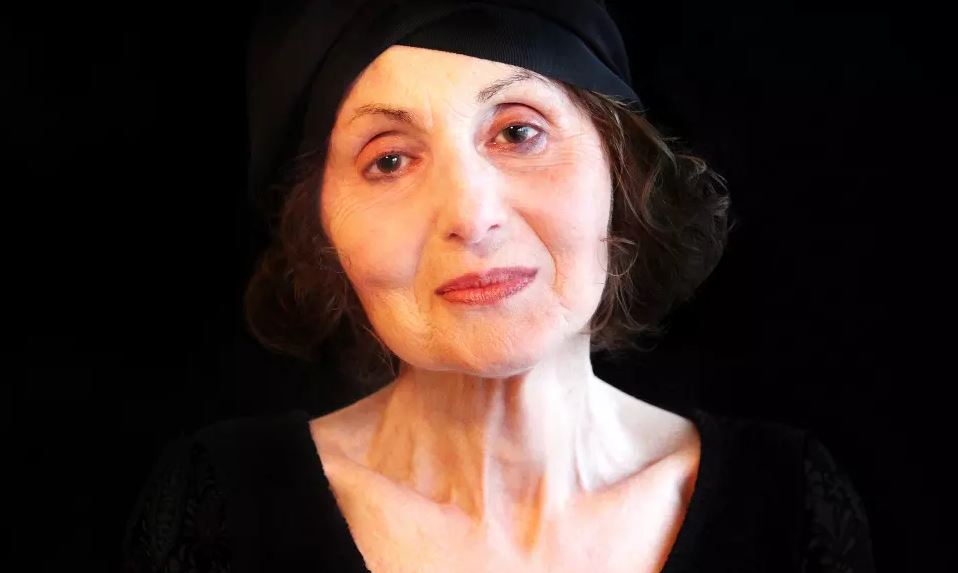I left Germany, where I was born, when I was almost two. When I arrived in Australia as a refugee I was a small child, a toddler, someone who was not old enough to know what country I was living in or what country I was leaving. Yet I grew up with a feeling that there was another world, a world I was inextricably tied to, a world I belonged to. I didn’t know how I was tied to that world. Was it through love, through blood, through history? I had no idea.
In Australia, we lived in peace in a country my father, Max, called Paradise. In this paradise, my father worked double shifts behind a sewing machine in a factory, and my beautiful mother, Rose, who had dreamed of being a paediatrician, worked in another factory behind another sewing machine. We lived in one room in an inner-city suburb of Melbourne. We shared a kitchen and a bathroom with four or five other Jewish refugee families.
The single most defining aspect of my life is the fact that I was born to two people who had each survived years of imprisonment in Nazi ghettos, labour camps and death camps. My parents were a rare statistic – Jewish people who were married to each other before the war and who each survived death camps. My mother married my father because her mother thought she would be better off being with my father’s wealthy family when the Nazis invaded Poland. My father married my mother because he was madly in love with her. My mother was 17 when she was imprisoned in the Lódz Ghetto. My father’s family’s wealth soon evaporated.
When I was growing up, the worlds of my mother’s and father’s pasts hovered over me.
Read the article by Lily Brett in The Sydney Morning Herald.

